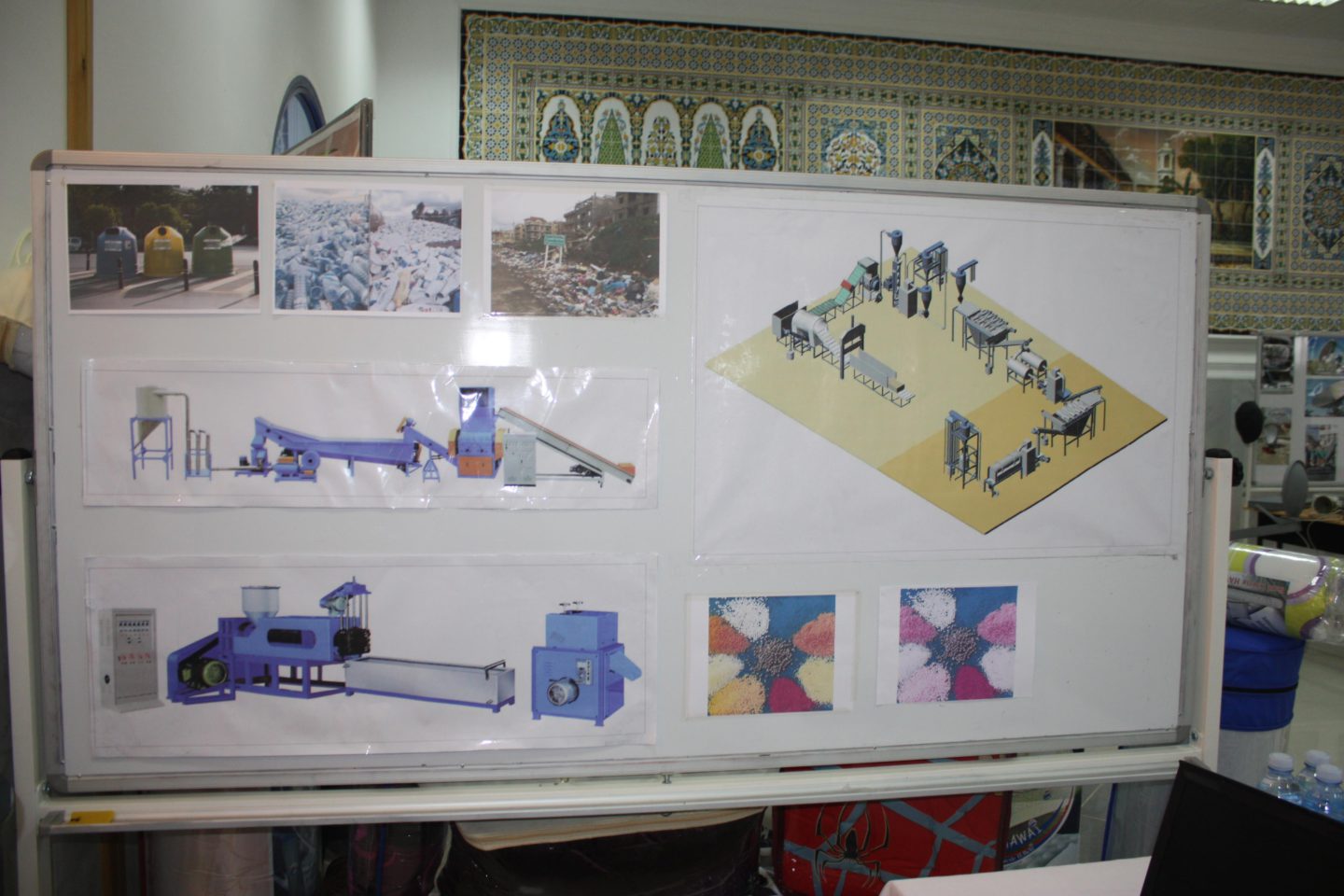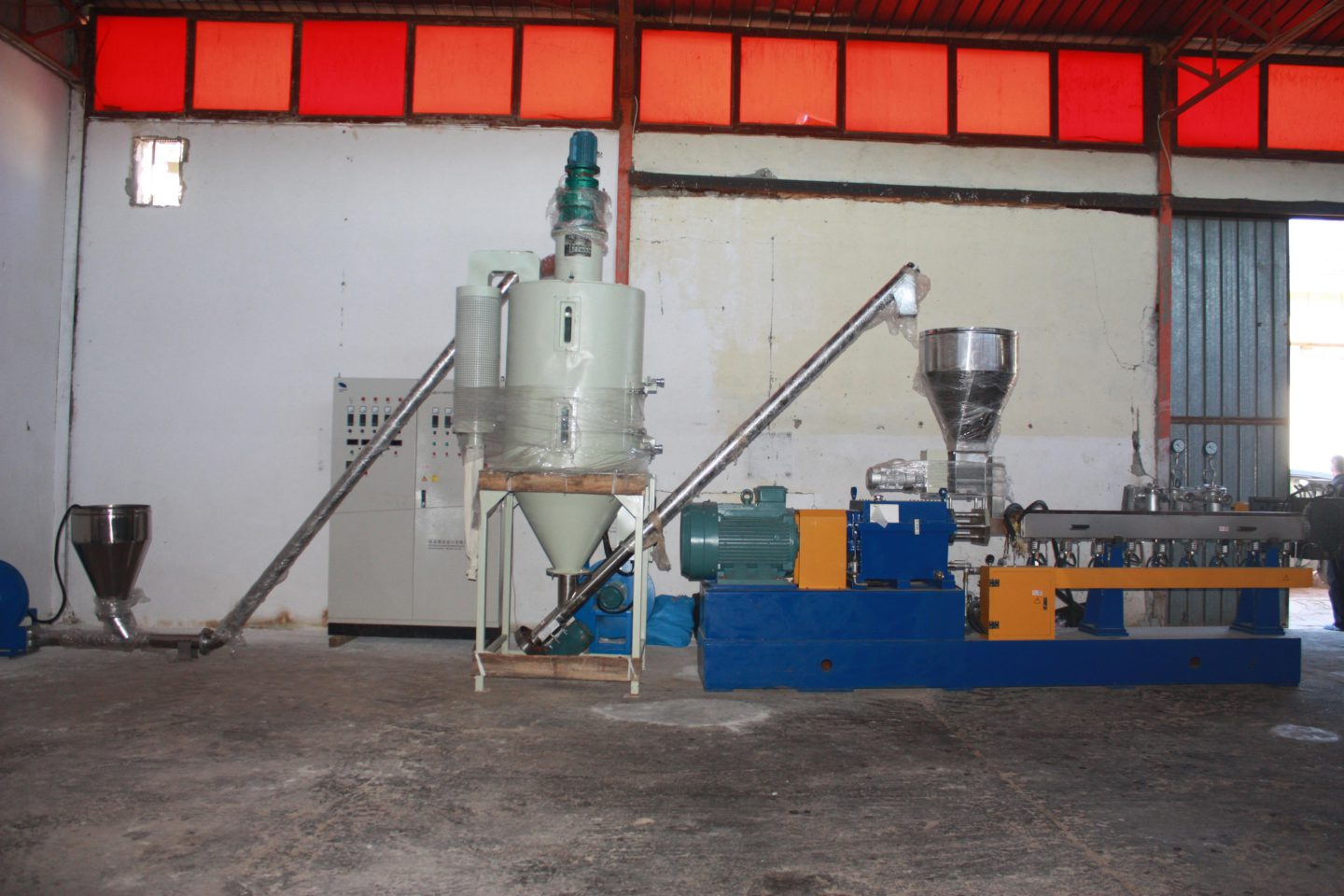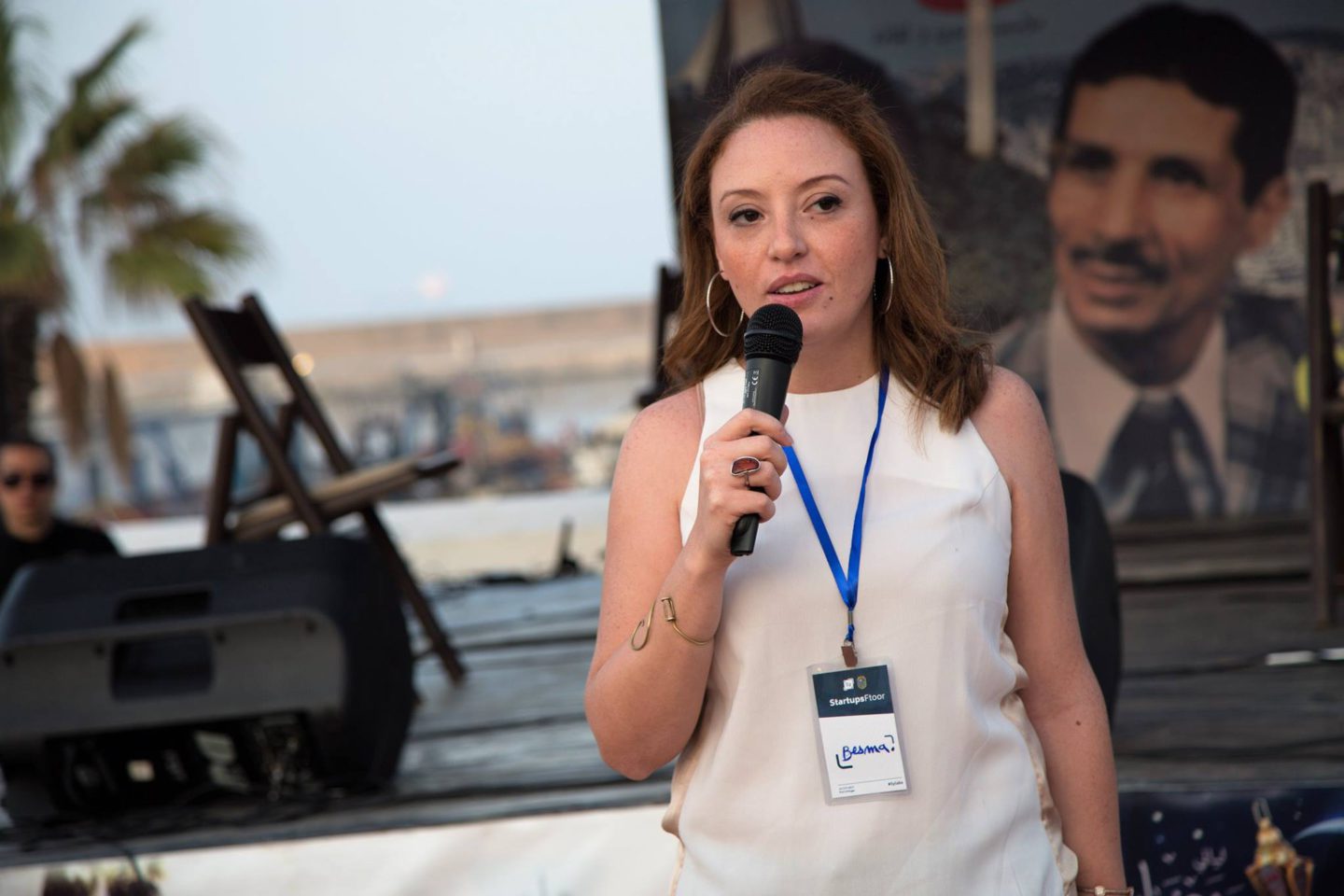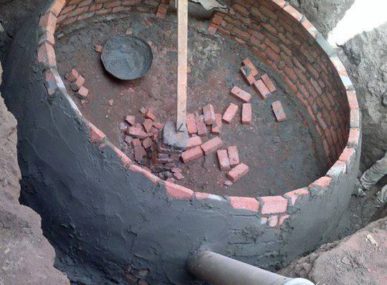Economics and education meet environment:
Though there is no direct correlation between economics, employment, and the environment, acknowledging the importance of enterprises and projects combining the three helps people understand and seek the experience of being part of such initiatives. “I believe that with time, there will be specialists that can take environmentalism a lot more seriously,” says Belbedjaoui, who herself is doing her Master’s in renewable energies at the University of Blida in cooperation with the University of Rostock in Germany, to be a specialist in the matter.
Belbedjaoui, however, raised a concern that stems from the lack of education. “Due to the fact that we need great amounts of plastic to recycle, we have to go to one of the mere 150 landfills, and separate the organic from the non-organic matter,” she says. “The next stage should be educating the public how to do so, while arming them with the necessities to help with that.”
“I think this experience is in many ways a very good thing for our country. It reconciles three essential areas of a nation’s development: economy, environment, and social impact,” says Karim Tedjani, an Algerian environmental activist and blogger. “It is a very good way to campaign for a more circular Algerian economy, not only with beautiful sentences, but with concrete actions. Finally, the fact that this initiative is carried by a young entrepreneur, is all the more meaningful in an Algerian society, and it is intelligent to take advantage of this generation of ambitious, talented and, above all, capable Algerian women,” he added, emphasizing on Belbedjaoui’s remarkable work of raising awareness in the form of events promoting recycling in Algeria.
Belbedjaoui is a firm believer that over the coming years these efforts will pay off, involving more communities and agencies. “Funding is key, and in return, we can and will be heard since we have the plan,” She proudly stated. Belbedjaoui’s team of six are a beacon of hope in the face of pollution, and in the process, a pedagogic institution.
Connect with Plasticycle Algerie through their Facebook.
Images: Courtesy of Plasticycle Algerie.







